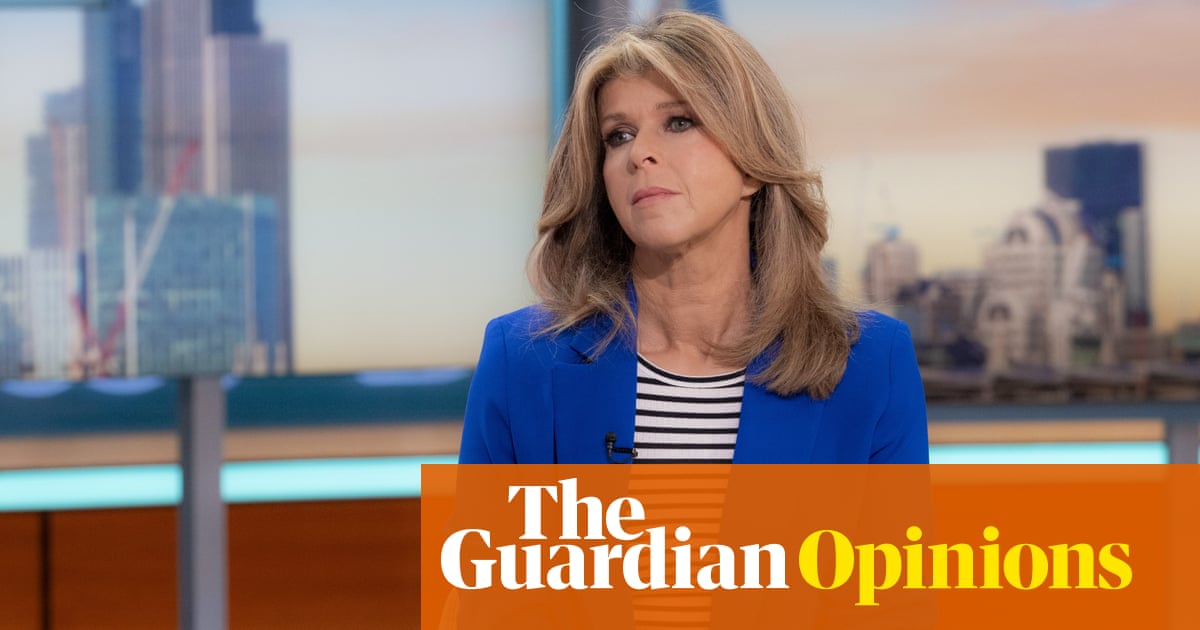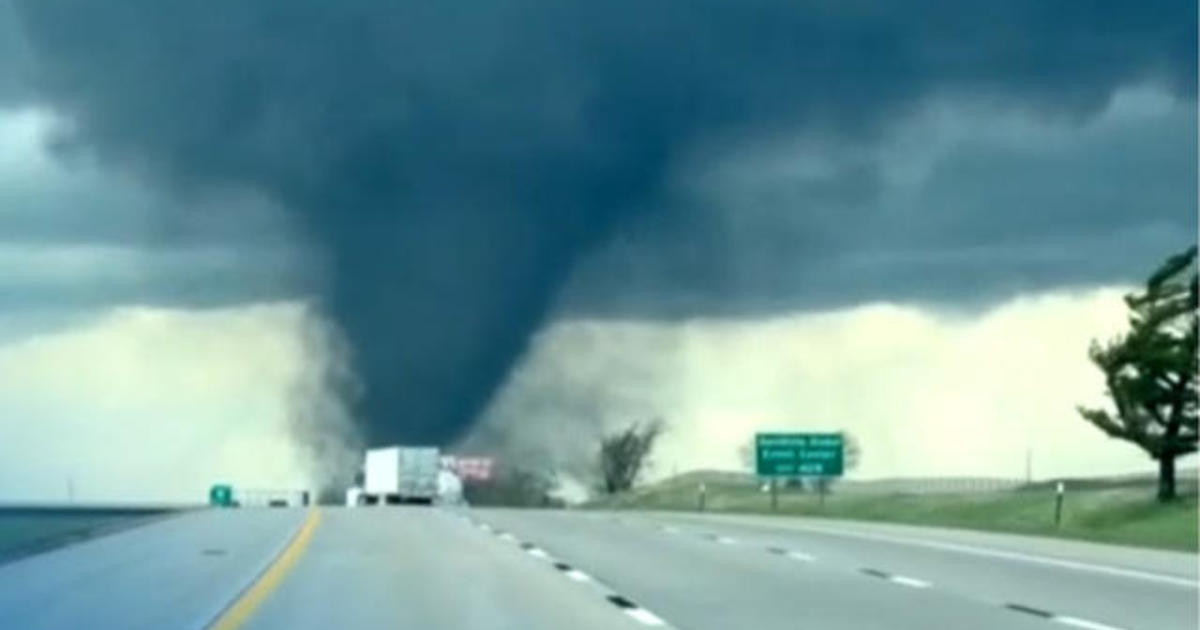It is an extraordinary story, it is an ordinary tragedy. Kate Garraway’s documentaries about caring for her late husband, Derek Draper, have drawn huge publicity and millions of viewers. That is partly testimony to the celebrity of the couple – a TV presenter and a New Labour politico – but it is mostly due to the power of their story. Covid ravaged every organ in Mr Draper’s body so that, in the programme aired this week, viewers saw this vibrant, sharp-witted man confined to a bed, struggling to walk or to form sentences. “His brain was his best friend,” Ms Garraway remarked at one point. “Now it is like his brain is his enemy.” Meanwhile, the work of caring for him pushed her to the edge financially, psychologically, even physically. The stress was so severe that she developed heart pains that forced her to attend hospital.
Even amid this intimate suffering, Ms Garraway knows there are millions of other households in similar situations – except without her profile, access to expertise or high salary. Among the programme’s most moving sections are the testimonies from other carers about negotiating bureaucracy and trying to manage. They borrow money from friends and family, they go to food banks, they are “just existing”. The last census from 2021 found that 5 million people provide unpaid care to a loved one.
That is a sizable jump from a decade ago, and carers’ organisations believe the current total is higher still – perhaps 10 million – after Covid. Yet they are practically invisible in our political conversation. Ministers and economists note that nearly 3 million people are now long-term sick and worry about the impact on our labour force – but no one asks about the people looking after them.
News bulletins will regularly feature stories on the desperate erosion of the NHS and the crisis in social care – yet they rarely look into the lives of wives, husbands, sons and daughters who step in where the state has failed. Provision for these people, who do some of the most important work in Britain today, is almost risible. Carer’s allowance is pitifully low, while parliament has only just granted employees a week’s care leave a year – unpaid, naturally.
Much of this neglect is age-old sexism, predicated on the belief that it is women who will pick up the pieces, and they don’t merit much attention. This is nonsense. If voluntary carers were to withdraw their labour tomorrow, hospitals and council services would suffer an almighty deluge. They won’t, of course. In sickness and in health, runs the old wedding vow, and for many people looking after their loved ones it is an expression of just that: love.
But our carers do deserve a lot more care. When the next government grapples with the crisis in the NHS, it will have to think about the care sector, and as part of that it should think about how to support unpaid carers. That means more money to social care, and funding local health and social services to do more for families in the home. It also means leaning on employers. It may be easier for an accountant, say, to negotiate more flexibility at work so that they can care for a parent; but companies that provide precarious contracts and low pay also need to step up to the mark. Let us hope that Ms Garraway’s films spark a national conversation and serious change. Society is nothing without care, and we would be nowhere without our invisible army of carers.







